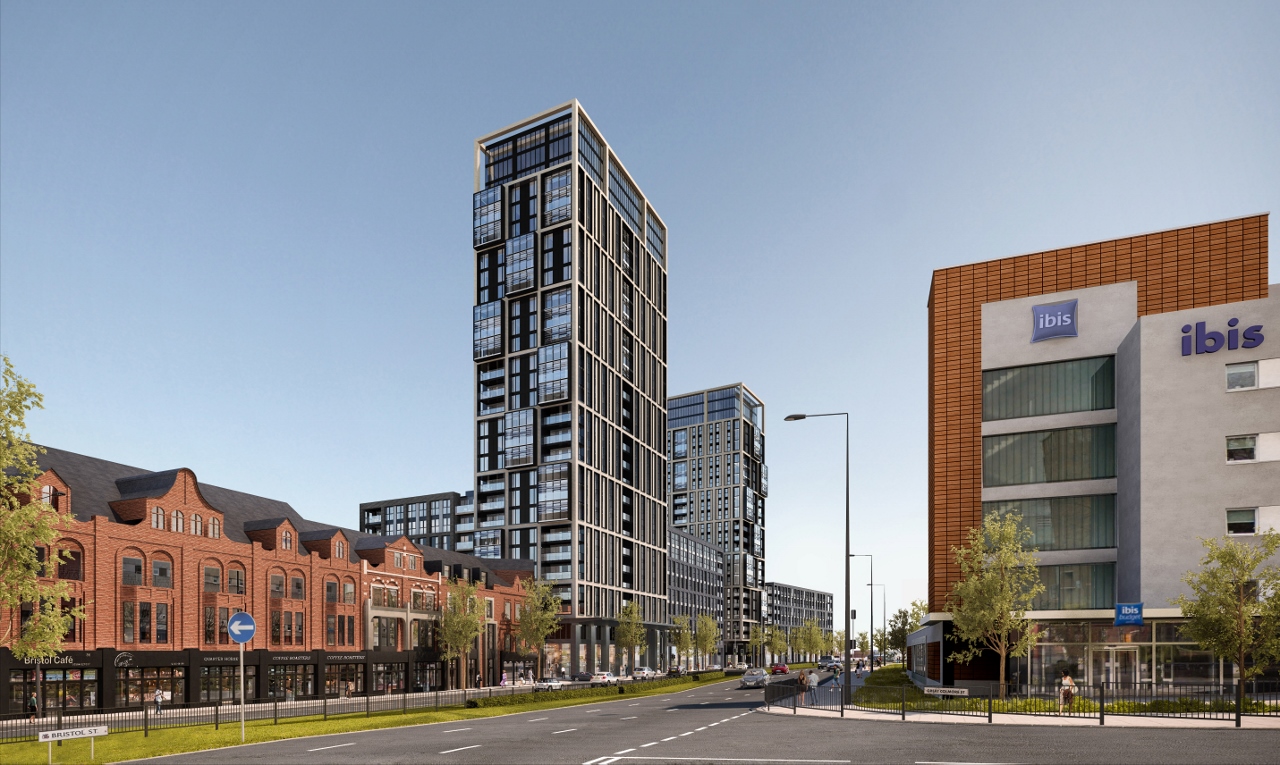Business & investment
Between 2012 and 2018 Manchester’s economy grew by 42% and Gross Value Added stood at £62.8 billion. Manchester is home to around 100,500 companies and has been acknowledged as generating the fastest growing economy outside of London.
Between 2012 and 2017 Manchester’s economy grew by 42% and Gross Value Added stood at £62.8 billion. Manchester is home to around 100,500 companies and has been acknowledged as generating the fastest growing economy outside of London.
Creative & Digital: Greater Manchester has the largest creative and digital clusters in the UK, employing 63,500 people and generating GVA of £3.1 billion each year. Key assets include MediaCityUK (home of the BBC & ITV) and The Sharp Project.
Demographics
Employment
Birmingham is creating businesses at a faster rate than London as the Midlands city continues to improve its economic fortunes. Birmingham’s business base grew 8.1% during 2016, beating Manchester with 7.2% and London with 6.4%. Growth was more than twice the national average of 3.5%.
Regeneration in the city has been a key focus over the past few years. The Big City Plan comprises of a 20-year master plan transforming Birmingham into a world class city centre that will contribute £2.1 billion to the economy each year, including 50,000 new jobs. Key schemes include the £500 million ‘Paradise development’ in Chamberlain Square, the new home of PwC’s 1,400 strong workforce.
Transport
Birmingham is at the heart of the UK rail network and a transport hub for people traveling throughout the UK. The city benefits from excellent connectivity links with the M6, M5, M42 and M40 making it easily accessible to most parts of the UK. London is 110 miles south, Bristol 90 miles southwest, Manchester 80 miles northwest & Leeds 100 miles north.
The principal train station is Birmingham New Street, which provides links to all major city centres in the UK. The newly redeveloped station alone has the capacity for 52 million passengers a year. Trains to London leave every 15 minutes during peak times and every 30 minutes during non-peak times, taking approximately one hour and 20 minutes. There are two other train stations in Birmingham; Birmingham Snow Hill and Moor Street, which have trains running to London Marylebone as well as other further afield national destinations.
The stations at Birmingham also provide quick access to Birmingham International – Birmingham Airport’s own station stop – for anyone looking to fly to and from Birmingham. The International Airport is six miles east of the city centre, serving all major destinations in Europe and beyond.
The proposed HS2 railway will link Birmingham to London, the East Midlands, Leeds, Sheffield and Manchester – significantly reducing the travel time between each location. Currently, the average journey time from Birmingham to London is 1 hour 24 minutes which will reduce to 49 minutes on HS2 – taking off 40% of the time.
